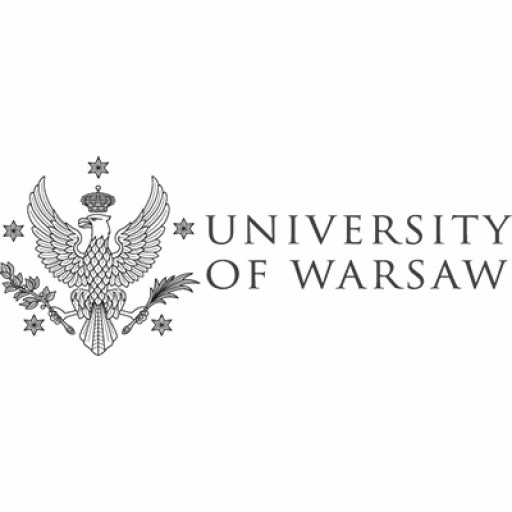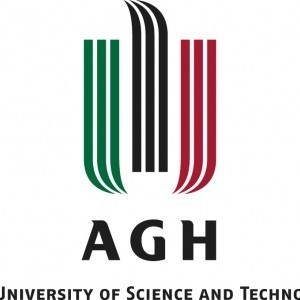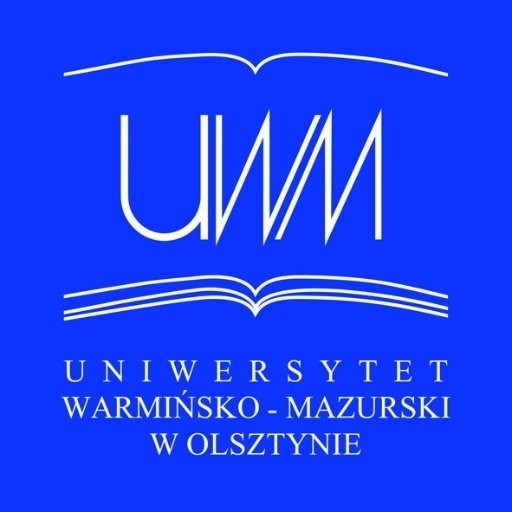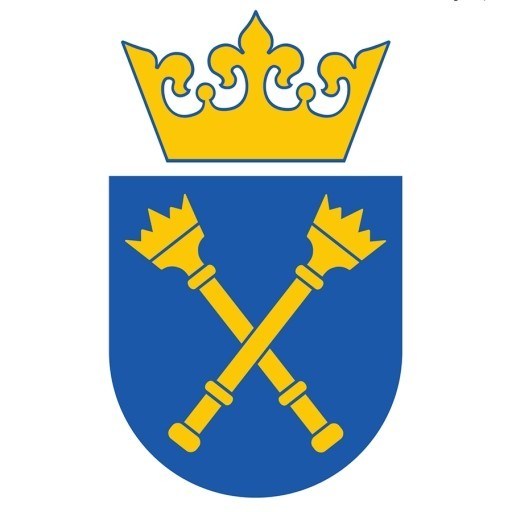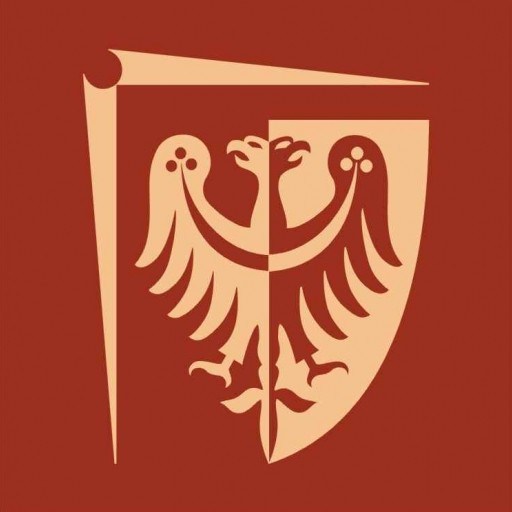Photos of university / #uniwersytetwarszawski
The Medical Doctor (MD) program at the University of Warsaw is a comprehensive and rigorous academic course designed to prepare students for a professional career in medicine. This program provides an in-depth understanding of human anatomy, physiology, pathology, pharmacology, and clinical medicine, equipping future physicians with the necessary knowledge and skills to diagnose, treat, and prevent various health conditions. The curriculum is structured to combine theoretical learning with practical training, offering students numerous opportunities to gain hands-on experience through internships, laboratory work, and clinical rotations in affiliated hospitals and healthcare facilities. Emphasizing evidence-based medicine, the program encourages critical thinking, ethical practice, and lifelong learning to adapt to the evolving medical field. Students will learn in modern classrooms and laboratories equipped with advanced medical technologies, ensuring exposure to the latest diagnostic and treatment methods. The faculty consists of experienced medical professionals, researchers, and educators dedicated to fostering a stimulating learning environment. The program also promotes interdisciplinary collaboration, integrating knowledge from fields such as biochemistry, genetics, public health, and medical law to develop well-rounded healthcare professionals. Upon graduation, students receive a Medical Doctor degree, qualifying them to pursue postgraduate specialization, medical practice, or research careers domestically and internationally. The University of Warsaw's MD program adheres to the highest academic and ethical standards, ensuring graduates are competent, compassionate, and prepared to meet the healthcare needs of diverse populations. With a vibrant international community and active student support services, the program offers a dynamic educational experience designed to shape the next generation of medical leaders.
The 4-year MD programme at the University of Warsaw is a comprehensive medical education designed to prepare students for a successful career in healthcare. The curriculum integrates fundamental medical sciences with clinical practice, fostering the development of both theoretical knowledge and practical skills. Throughout the programme, students are engaged in a diverse range of courses covering anatomy, physiology, biochemistry, microbiology, pathology, pharmacology, and medical ethics, among others. These foundational subjects are complemented by extensive clinical rotations in various medical specialties, including internal medicine, surgery, pediatrics, obstetrics and gynecology, psychiatry, and more, providing real-world experience and patient interaction from early in their studies. Emphasizing a patient-centered approach, the programme promotes the development of communication skills, professionalism, and ethical decision-making. Students participate in laboratory work, case studies, and simulated clinical scenarios to enhance their diagnostic and procedural competencies. The curriculum also incorporates modern teaching methods such as e-learning, problem-based learning, and interdisciplinary projects to encourage critical thinking and lifelong learning skills. The programme is designed to meet national and international standards for medical education, ensuring graduates are well-prepared for residency, specialization, and future medical practice. Support services, including academic advising, extracurricular activities, and research opportunities, are available to enrich students' educational experience. Upon completion, graduates receive a medical degree that qualifies them to pursue medical specialization and practice medicine in Poland and internationally. The University of Warsaw’s MD programme aims to cultivate skilled, ethical, and compassionate physicians equipped to address the evolving needs of global healthcare.
Program Requirements:
Applicants to the 4-year MD programme at the University of Warsaw are expected to demonstrate a strong academic background in sciences, including biology and chemistry, with proven proficiency in mathematics and physics. Admission typically requires completion of secondary education or its equivalent with high grades, particularly in science subjects, to ensure readiness for rigorous medical training. Prospective students must submit official transcripts verifying their academic achievements, along with a completed application form and a personal statement outlining their motivation for pursuing medicine.
Additionally, applicants are generally required to present proof of proficiency in English, such as results from recognized language tests like IELTS or TOEFL, since the medium of instruction is English. Candidates may also need to attend an interview or undergo an admission test to assess their cognitive abilities, motivation, and suitability for medical studies. Some applicants from non-Polish educational backgrounds may need to provide additional documentation to verify comparability of their qualifications.
The university values qualities such as communication skills, problem-solving ability, empathy, and ethical awareness, which are often evaluated during the admission process. Prior healthcare experience, while not mandatory, can be advantageous. To be admitted, applicants must meet all specified requirements, including submission deadlines, and pass any necessary entrance assessments.
Once admitted, students are expected to engage actively in coursework, practical training, and research activities throughout the four-year duration of the program. They should adhere to the university's academic integrity policies and meet the program's minimum performance standards to progress successfully. Successful completion of the program culminates in obtaining the MD degree, qualifying graduates for clinical practice and further specialization in the medical field.
The 4-year MD programme at the University of Warsaw is financed through a combination of sources, primarily supported by public funding allocated by the Polish government as well as tuition fees paid by students. Polish citizens benefit from subsidies provided by the Ministry of Science and Higher Education, which significantly reduce the financial burden associated with medical studies. Such funding covers essential educational resources, faculty salaries, laboratory equipment, and infrastructure maintenance.
International students, or non-EU citizens, usually pay tuition fees, which vary depending on the specific programme and the student's country of origin. The fees are set annually and are designed to support the quality of education, access to modern medical facilities, and comprehensive student services. The university often offers scholarship programmes and financial aid options aimed at outstanding students, including merit-based scholarships, need-based financial support, and grants for research projects. These financial assistance opportunities are intended to promote equal access to medical education regardless of socioeconomic background.
Additionally, the university collaborates with various healthcare institutions and research centers that may provide internships or research funding, which can alleviate some of the financial costs for students engaged in research activities. There are also possibilities for part-time work, either within university facilities or in related healthcare settings, to help students cover their living expenses during their studies.
Furthermore, students are encouraged to seek external funding sources, including governmental grants, cultural exchange programmes, and international scholarships, which can contribute to their financial stability throughout the programme. The university maintains transparency regarding tuition fees and financial support options through its official website, ensuring students are well-informed and able to plan their finances accordingly. Overall, the financing structure for the MD programme at the University of Warsaw aims to balance public support with individual contributions, ensuring high-quality medical education is accessible to a diverse student body.
The 4-year MD programme at the University of Warsaw is a comprehensive medical degree designed to prepare students for careers in healthcare and medicine. This programme aims to equip future physicians with the essential knowledge, clinical skills, and professional competencies required to practice medicine effectively in various healthcare settings. The curriculum integrates fundamental sciences, such as anatomy, physiology, biochemistry, pathology, microbiology, and pharmacology, with clinical training from the early stages of studies. Students have the opportunity to engage in practical training in hospital and outpatient settings, gaining hands-on experience under the supervision of experienced medical professionals.
The programme emphasizes multidisciplinary learning, problem-based learning (PBL), and the development of critical thinking and research skills. Students are encouraged to participate in scientific research, internships, and community health initiatives, fostering a holistic approach to patient care. The language of instruction is primarily English, attracting international students and preparing graduates for global medical practice. The University of Warsaw's medical faculty maintains collaborations with numerous hospitals and healthcare institutions, ensuring that students receive diverse and high-quality clinical training.
Graduates of the 4-year MD programme are awarded the professional title of physician and can pursue specialization, postgraduate studies, or work domestically and internationally in various medical fields. The programme adheres to national and European standards for medical education, ensuring that the curriculum is up-to-date and relevant to current medical knowledge and practices. Admission requirements typically include a secondary school-leaving certificate, competitive entrance examinations, and proof of language proficiency. Overall, the programme at the University of Warsaw offers a robust education in medicine, fostering competent, compassionate, and innovative healthcare professionals to meet the needs of society.
